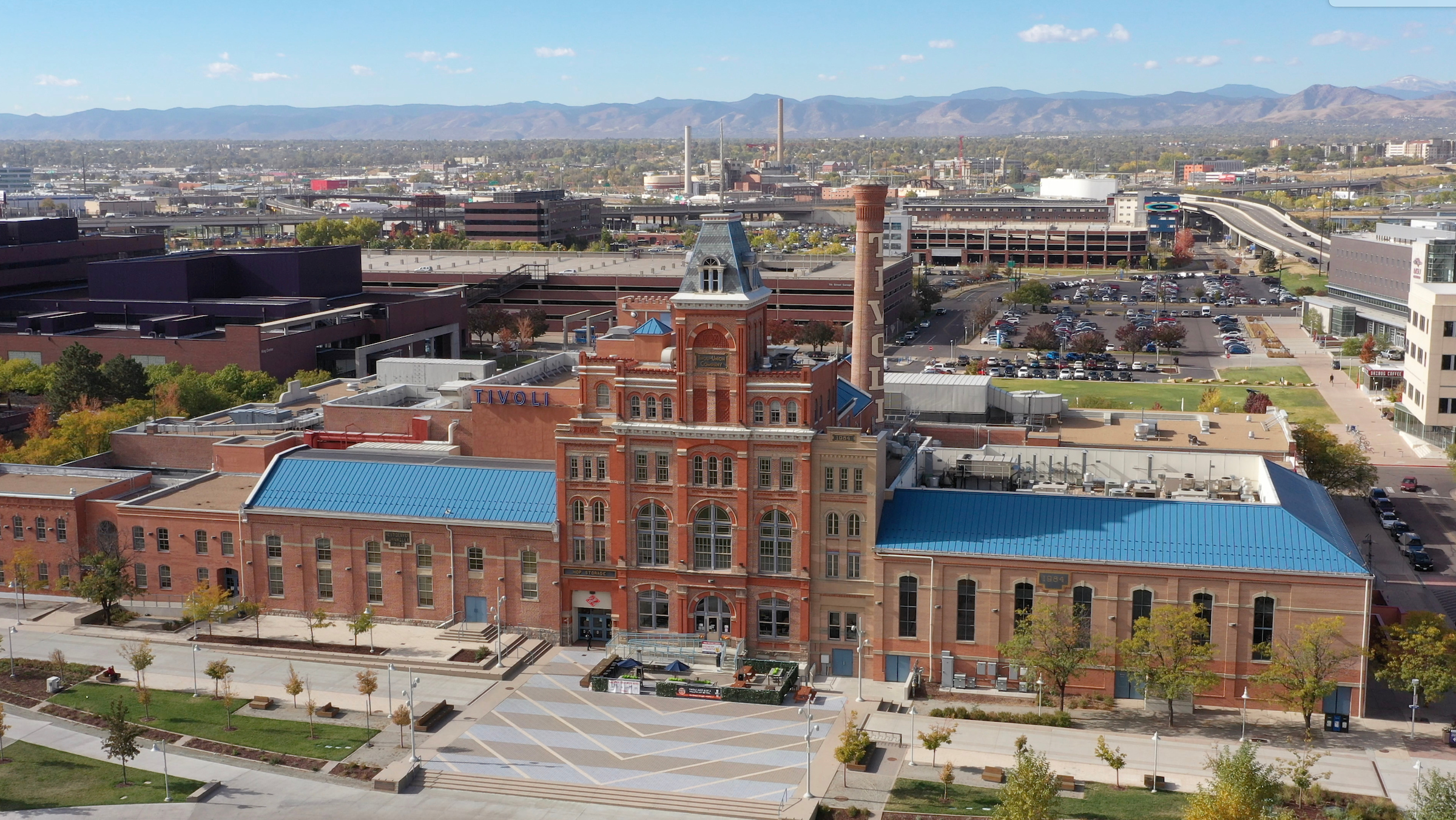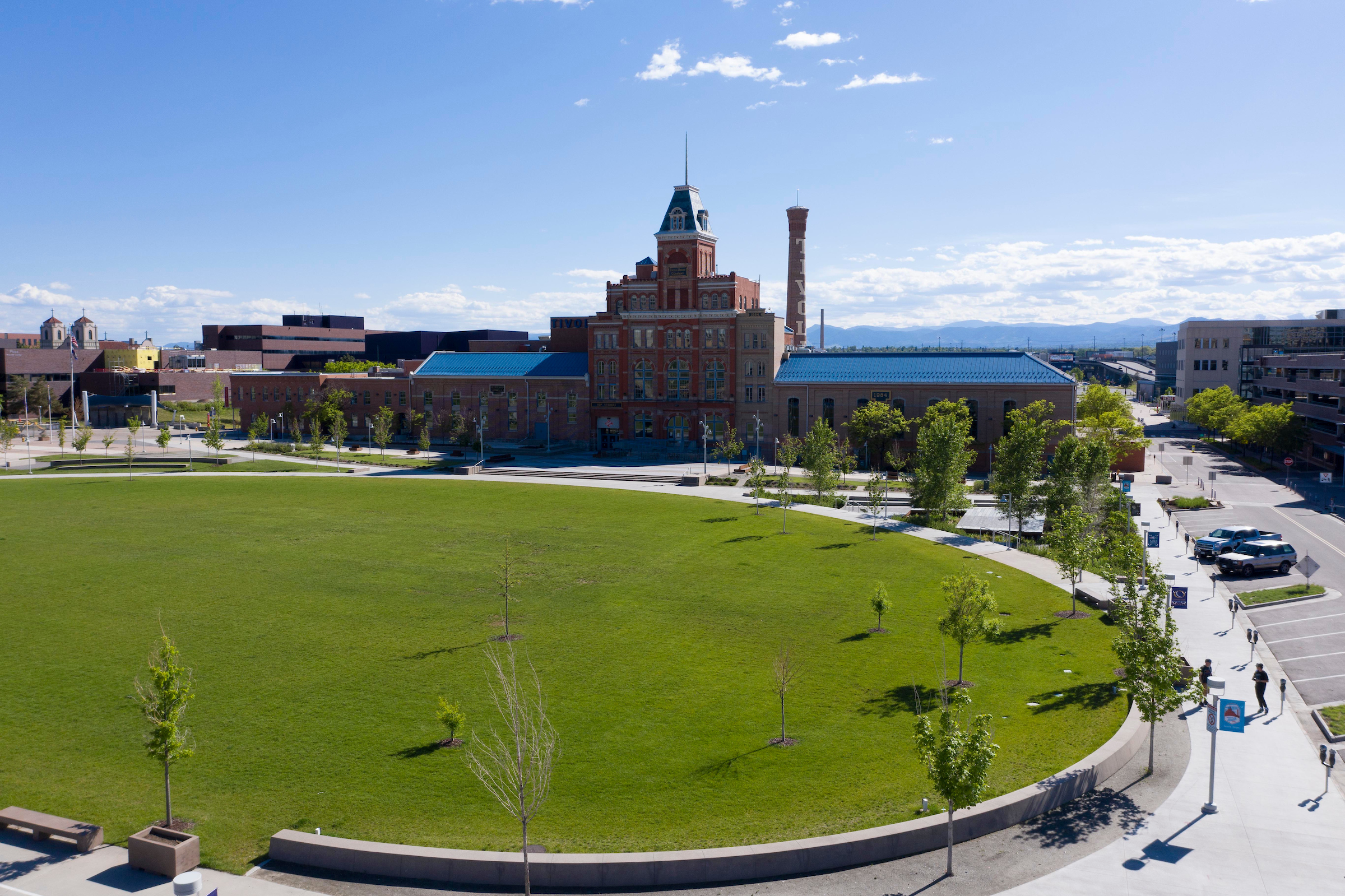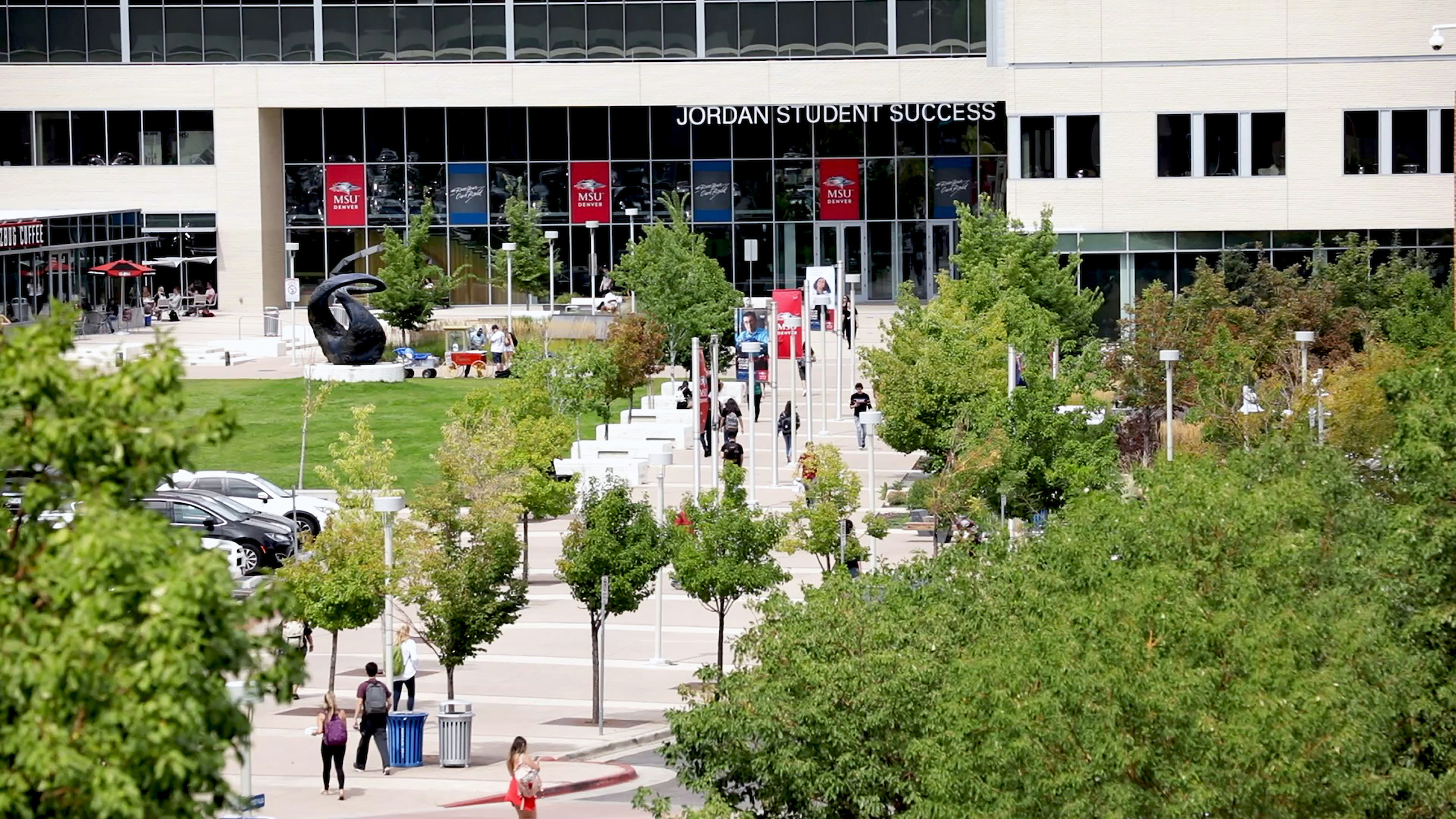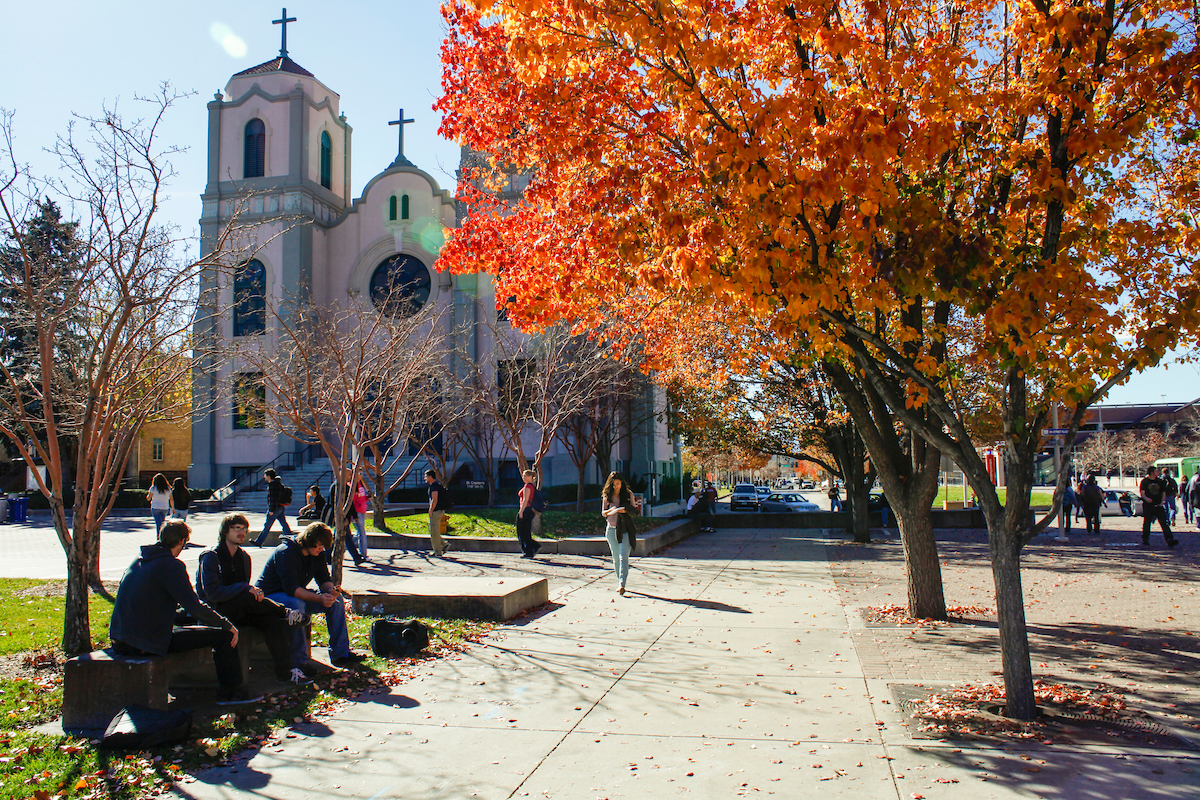On May 7, Metro State University (MSU) announced that Indigenous students who are admitted to MSU can attend tuition-free, beginning this fall. It also extended the scope of their Displaced Aurarians Scholarship to cover full tuition and exist in perpetuity.
MSU is designated as a Hispanic-Serving Institution, and more than half of the student body identifies as BIPOC. However, less than 100 students at MSU identify as Native American or Alaskan Native. Knowing this is linked to a history of colonization, MSU Denver worked on their first institutional initiative to increase the rate of Indigenous students attending and graduating from higher education. By creating a tuition-free pathway to higher education, the school hopes to address the harm caused by the displacement of Indigenous peoples and, additionally, descendants of displaced Denver Aurarians.
A History of Acute and Widespread Displacement

MSU is working to address its ties to the history of displaced Aurarians. Auraria is Denver’s oldest neighborhood; it was home to many European and Mexican immigrants. In the early 1970s, the city led an initiative to build Speer Boulevard and MSU Denver’s Auraria campus right over an entire neighborhood. Residents were forcibly displaced, resulting in the loss of wealth, community and culture.
READ: Indigenous Elders Take a Hard Look at the Front Range’s Untold History
The displacement of Denver’s Auraria neighborhood follows a long pattern of colonial behavior from early pioneers and the State of Colorado. Since their arrival in 1803, white American colonizers were successful in their mission to forcibly and violently remove entire Indigenous societies in order to create the State of Colorado, based on Euro-Western values. The impacts of this displacement are far-reaching through each generation of Indigenous people. 14.5% of Indigenous people in the United States have a college degree, compared to 31.3% of people overall. Those who do attend college face a myriad of barriers to earning their degree. 41% of Indigenous students graduate within six years, versus 61% of students overall.
In 2021, the state passed the Colorado American Indian Tribes In-State Tuition Act. The bill requires state higher-education institutions to offer a form of in-state tuition to Indigenous students who are members of a tribal nation and have historical ties to the state. MSU took this further, deciding to offer a full-tuition scholarship to Indigenous students.
MSU Scholarships For Aurarian Descendants & Indigenous Students

Starting this fall, MSU Denver is offering scholarships and grants to address Denver and Colorado’s history of displacement. The two main scholarships offered are the Indigenous and Native Peoples’ Grant and the Displaced Aurarian Scholarship.
Indigenous and Native Peoples’ Grant: Funded through multiple federal, state and institutional grants, the Indigenous and Native Peoples’ Grant offers a full tuition scholarship to indigenous students who are residents of Colorado, are eligible for the College Opportunity Program and are members of any of the 574 federally recognized tribal nations.
Displaced Aurarian Scholarship: The Displaced Aurarian Scholarship offers a full tuition scholarship to direct descendants of the displaced Aurarian community. The Displaced Aurarian Scholarship also applies to Indigenous students attending CU Denver and Community College of Denver, all of whom share the Auraria campus today. Applicants must be able to prove lineage through historic documents; students who need help can visit the Denver Public Library’s Western History and Genealogy Department for support.
A Pathway Towards Student Success

The Displaced Aurarian Scholarship has supported hundreds of students who were children or grandchildren of displaced Aurarians since 1988. Beginning this semester, it will become a full tuition scholarship for any direct descendant of a displaced Aurarian resident.
These programs are a step forward in creating accessible opportunities for Indigenous students and descendants of displaced Aurarians to earn a college degree. The success of these scholarships and grants is ultimately defined by a student’s actual experience in college; the university needs to ensure students who enroll have access to a supportive learning environment.
“Just as we honor the Displaced Aurarians who were forcibly removed from their homes so that our campus could be built, we also honor the Indigenous and Native Peoples who first called this land home by fully funding their tuition and fees to undergraduate programs at MSU Denver,” states MSU Denver on their Financial Aid website page.
You can learn more about the Indigenous People’s Grant on MSU here, and take a deeper look at the history of displaced Aurarians here.





